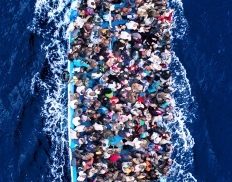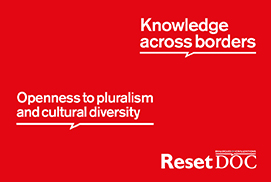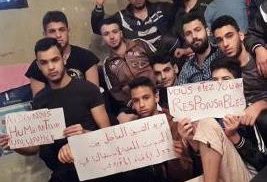7 July 2015
From 2004 onwards, with the EU moving eastward, anti-foreigner attitudes reappeared. The beliefs in Polish plumbers invading western regions, Bulgarian workers “stealing” jobs, and Rumanians (allegedly) promoting illegal activities became widespread in some European societies. This mirrors what happened in the past century, including in 1903 when a royal commission report on the so-called “alien immigration” to the UK discussed Central and Eastern European immigration (at the time mostly of Jews), and, to try to ban it, used words which sound very familiar to us: overcrowding, lack of jobs, and shortage of housing. These nationalist anti-immigrant tendencies resurface quite frequently in European history. The difference is how we approach them and how one frames public debates.





